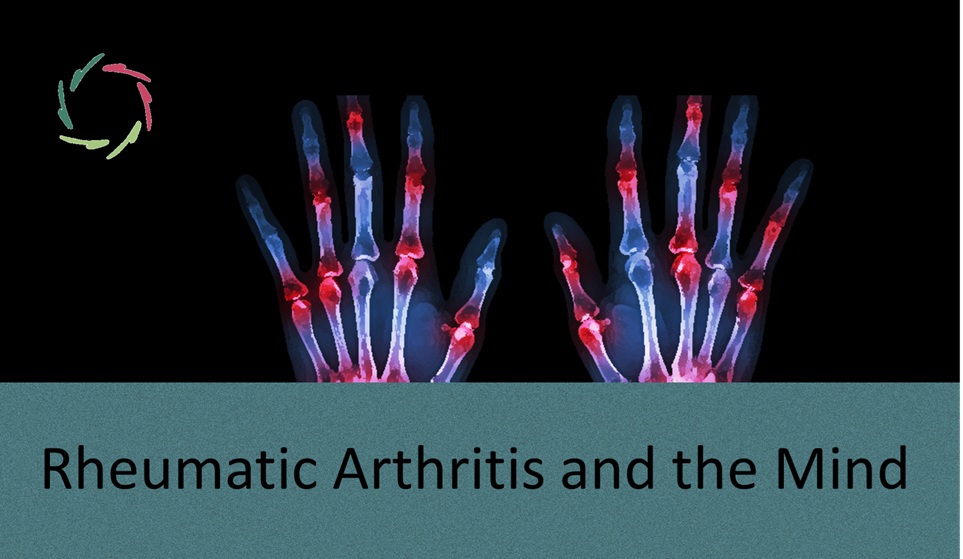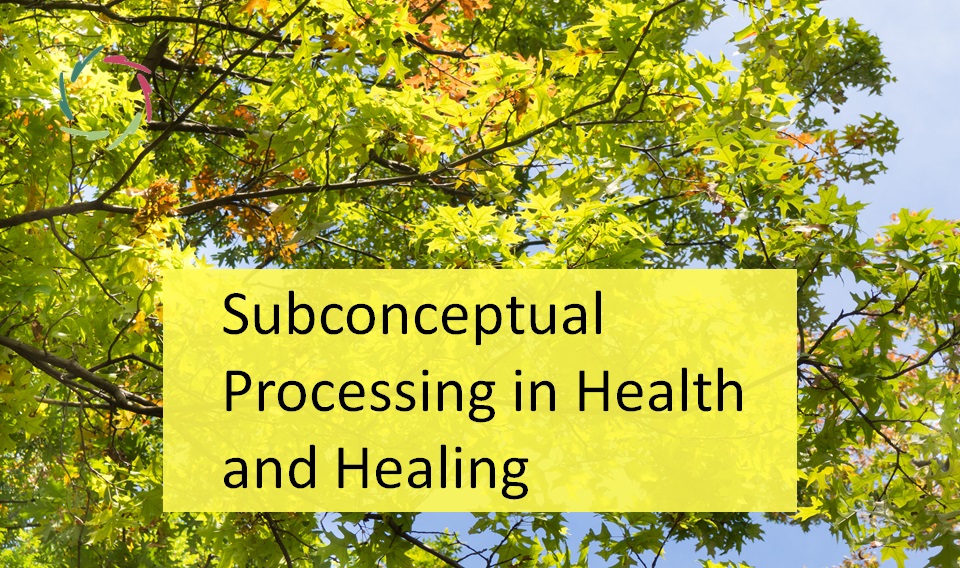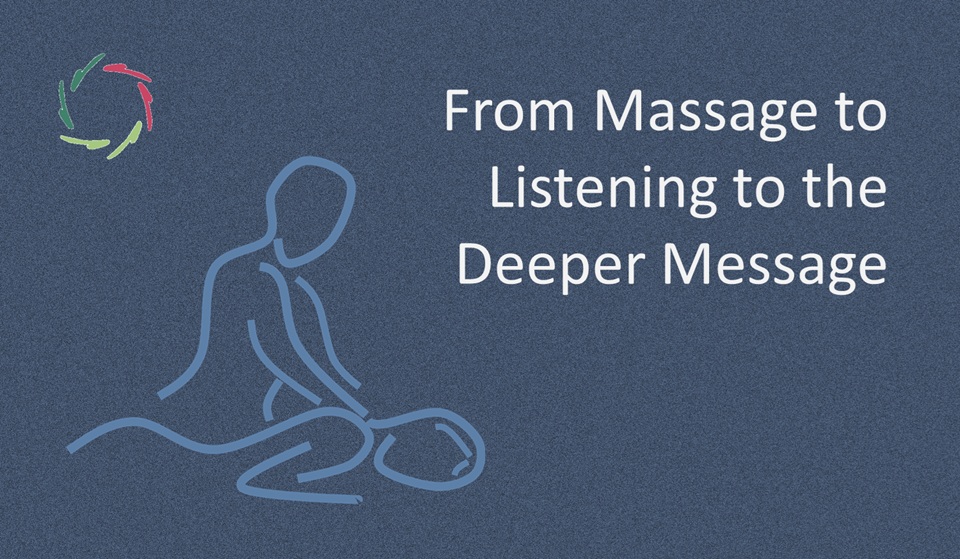Which Mind upon Health?

My mind, of course. Sure, but that is only a fraction of the answer.
Conscious and quirky
We are conscious of only a tiny part of our mind. While this is scientifically evident, in real life, people generally act and think differently.
This leads to many quirky situations. ‘Positive thinking’ is one of them, in which the idea of just consciously repeating something frequently enough can bend reality and change people. Of course, this is not the same as ‘autosuggestion.’
As to health, this is devastating.
Another quirkiness lies in the idea that people become sick by what they are consciously thinking or that the placebo effect comes about by only conscious expectations.
Or – as I encountered lately – that in medical studies, people are influenced by whether they consciously think to have gotten a placebo versus the real thing. This depends on their experiencing an effect and side effects. Although this is a step towards the mind, it gets stuck in the conscious mind.
For instance, think ‘non-conscious’ (A) and ‘placebogenic side effects’ (B). Whatever may consciously happen, if (A) generates (B), (A) may be deemed aware of its own generation, the same (A) that also generates the placebo effect. (A) may be ‘consciously blind’ but not therefore unaware. I repeat, ‘whatever may consciously happen.’ That complicates matters, doesn’t it? Especially so in double-blind studies. [see: “Double-Blind in the Balance“]
Since these studies are the basis of medical practice, their results are crucial. Mistakes in this do ripple through towards medical practice. This is how you get treated by your physician next time.
So, which mind?
Can you decide purely consciously to have a placebo effect? [see: “Power of Placebo < Autosuggestion“]
The same with nocebo, being placebo with negative consequences. You may think that you get sick, and thus, you get sick.
It’s not an illusion. You can get sick from the power of nocebo and get better from the power of placebo.
But it is not subject to your conscious decision, nor expectations, nor ‘certitude.’
Knowing while deeply doubting
Indeed, people may ‘know’ something about themselves while they profoundly doubt the same. In coaching, this becomes apparent regularly. It is what coaching is about for a considerable part: supporting people in finding out their real goals, important feelings, effective mental patterns.
In a religious setting, people may ‘lose faith’ and conclude that they never sincerely had it after all. They may get to the insight that they have always been fighting off their innermost doubts. More inner doubt may – and frequently does – lead to a harsher clinging to some ‘conscious conceptual certitude.’ Fundamentalism gets born. It’s in the book!
So, which is the book of your part of the spectrum?
There’s a logical contradiction, therefore, away with logic?
Nope!
What people consciously think is not the same as what people deeply experience.
With influence of the mind upon the body in sickness and health, it’s about which mind?
If one thinks it’s only about the conscious mind, what does one get to?
Still, in medicine, there is an enactment of some (weird kind of) reality in which non-conscious processing doesn’t exist. That way, we witness catastrophic situations. [see: “The Problem with Corona is the Problem with Medicine“]
Every physician should be fully aware of this.


